Meet Scott Beal | Poet, Singer/Songwriter, University Lecturer, Director of a Living-Learning Community
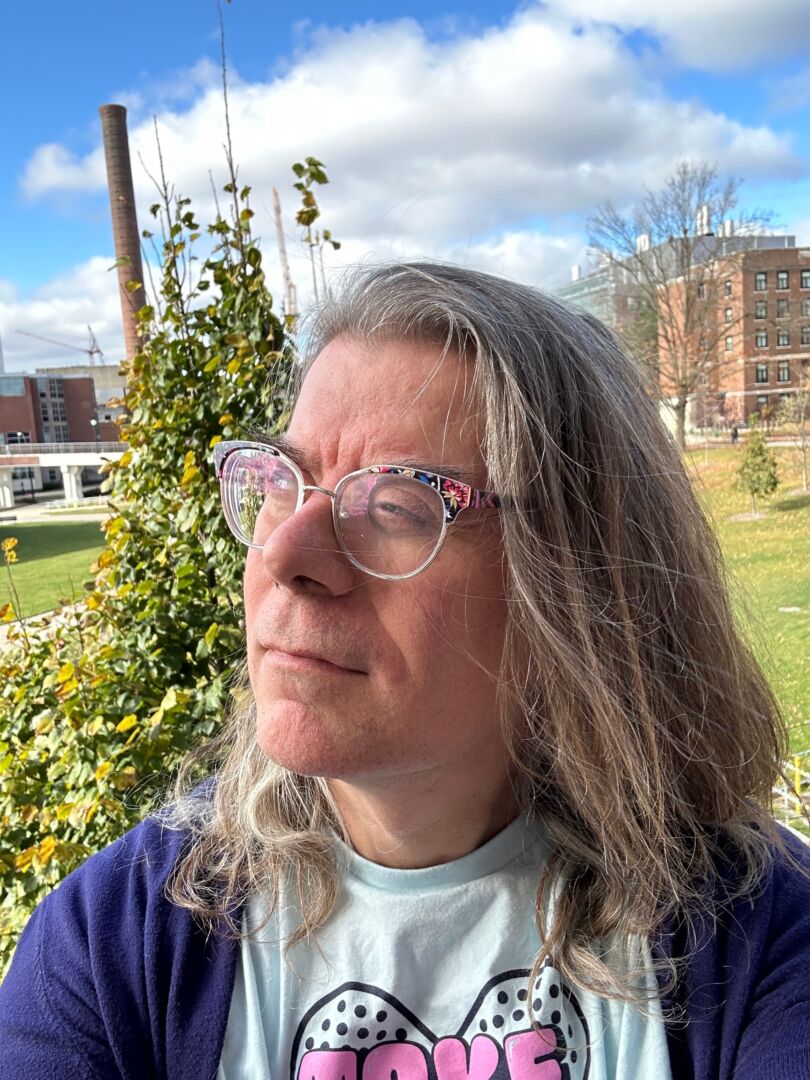

We had the good fortune of connecting with Scott Beal and we’ve shared our conversation below.
Hi Scott, why did you decide to pursue a creative path?
Sometime around sixth grade, I started to come around to the idea that what I’d learned in church about heaven and stuff maybe wasn’t real, which left me questioning what life is for and what it will have meant when I die. And one day I was doing my English homework, reading “The Tell-Tale Heart,” and it occurred to me that Edgar Allan Poe is a guy who died over a hundred years ago, but I still know his name and have his words taking up space in my head. And so I got the idea that to be a writer is a way to cheat death — to make an impression on the world that can last long after I’m gone. When I started writing poems in my late teens, I’m sure that dream of immortality still lurked in the back of my mind.
I recognize now that that rationale for becoming a writer is naive — like starting to dribble a basketball with the expectation of starring in the NBA. But something else took over: a love for words themselves and what they could do. In my senior year of high school, I discovered the poems of Anne Waldman and Allen Ginsberg, and I found myself dazzled by the way language could light up impossible visions in my brain and make my pulse race. I wanted to learn how to channel that same magic.
Of course, the word “career” suggests a path that will eventually pay the bills, and it’s a rare poet who manages to pay the bills with poems alone. So my professional path has evolved alongside my poetry vocation. And while most of the doors that have opened up for me professionally don’t depend on poetry directly — business writing in the pharmaceutical research industry for a few years, teaching college writing and directing a residential learning community at the University of Michigan now — my practice in marshaling language creatively to make a difference in a reader’s mind has always been central to how I’ve managed to get by in the world.
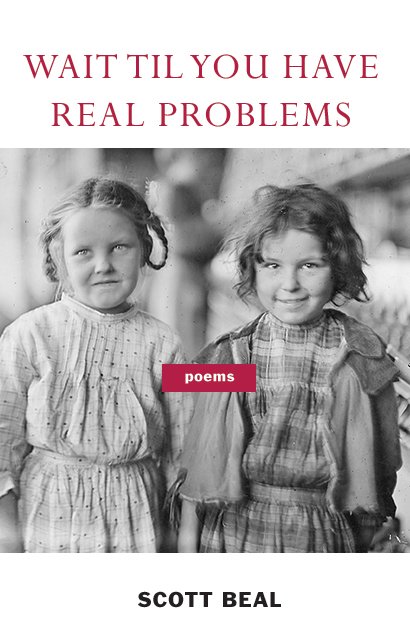
Can you open up a bit about your work and career? We’re big fans and we’d love for our community to learn more about your work.
Since July 2022, I’ve been the Director of a living-learning community at University of Michigan called Lloyd Scholars for Writing and the Arts. I had been teaching in the program since 2014 as part of my work with the Sweetland Center for Writing, and most of my favorite classes had been part of this program — classes like Poetry and Justice; Writing in the Surreal World; and Fantasy Worldbuilding. I’ve always loved the students in this program, a self-selecting group of writers and artists from all majors with a shared passion for creative expression. But I’d never worked as an administrator before. I’d actively spurned opportunities to become anyone’s “boss.” So over the past two-and-a-half years, I’ve had to learn a lot about management and delegation. In Sweetland, I’d been a guy who could offer input about what the unit could or should do, and then could back to my job while others made the decisions; now in LSWA, I’ve had to become comfortable with making the decisions. I’m still not sure this role is something that sits very comfortably with me, but I’ve come to see that I”m good at it — or at least that I’ve been able to convince the people around me that I am. And if there’s any lesson from my experience, I think it’s that these things go hand-in-hand. That is, I think I’m good at this job in part because I’m not too comfortable with it. I approach it with a level of humility which I think serves me and the program well. For one thing, it means that I recognize and rely on the wisdom, talent, and knowledge of the people around me, and that I know enough to acknowledge my debt to them, which I think goes a long way toward engendering good will. For another thing, it means that I have the wits to listen to good ideas from the people who work with me — and, crucially, from the students in our program.
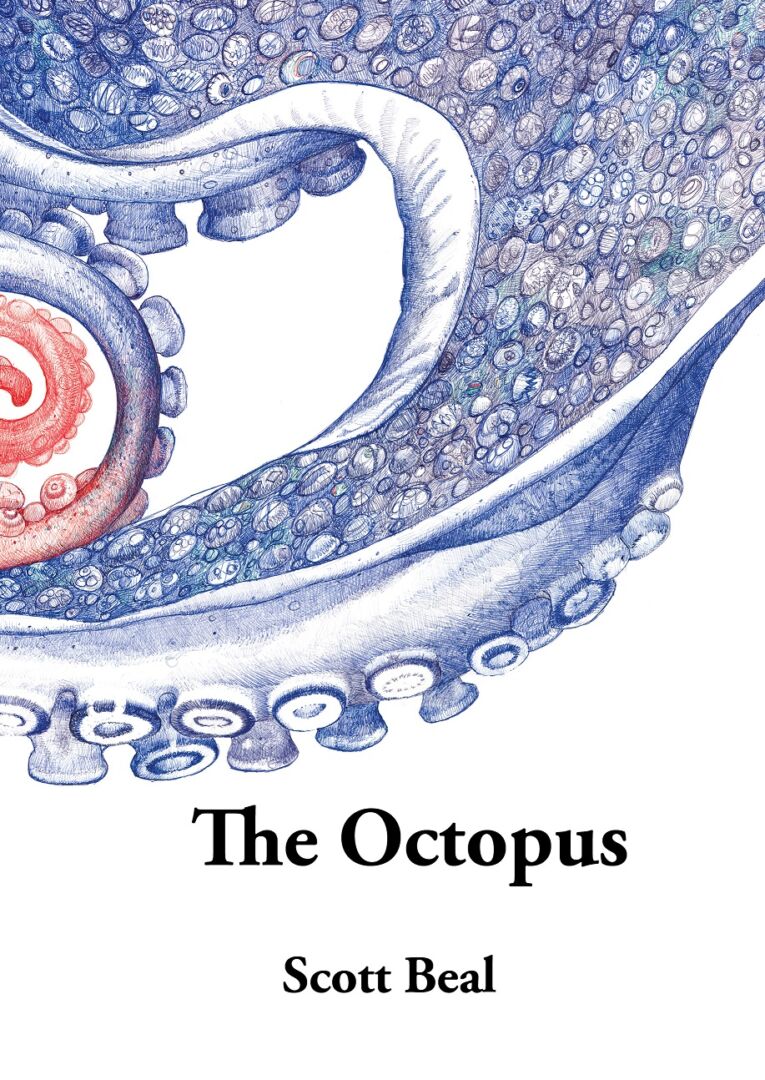
Let’s say your best friend was visiting the area and you wanted to show them the best time ever. Where would you take them? Give us a little itinerary – say it was a week long trip, where would you eat, drink, visit, hang out, etc.
Did I mention that I love museums? I’d probably start with the University of Michigan Museum of Art, which has incredible collections, and whose curators have done an incredible job of transforming the exhibition spaces over the past five years or so to be more dynamic, inclusive, and exciting. While in past years the museum followed standard practices of organizing their displays around geography and era, now they foster much more interesting kinds of engagement around themes and histories that invite different ways of seeing and understanding art. It’s an incredible jewel on campus that I take students to visit every year. I’d also recommend the Museum of Natural History and the Kelsey Museum of Archaeology, both of which also have updated their exhibition spaces in recent years to foster deeper kinds of engagement.
I would also insist on visiting Vault of Midnight on Main St., the coolest comics and games shop around. I’d love to take them to a show put on by the University Musical Society, or else perhaps something at The Ark. I’d find time to get some beer from the Ypsi Alehouse and a Chicago-style deep dish from Anthony’s Gourmet Pizza. But I’d also just keep an ear to the ground — there’s almost always something interesting happening in Ann Arbor and Ypsilanti.
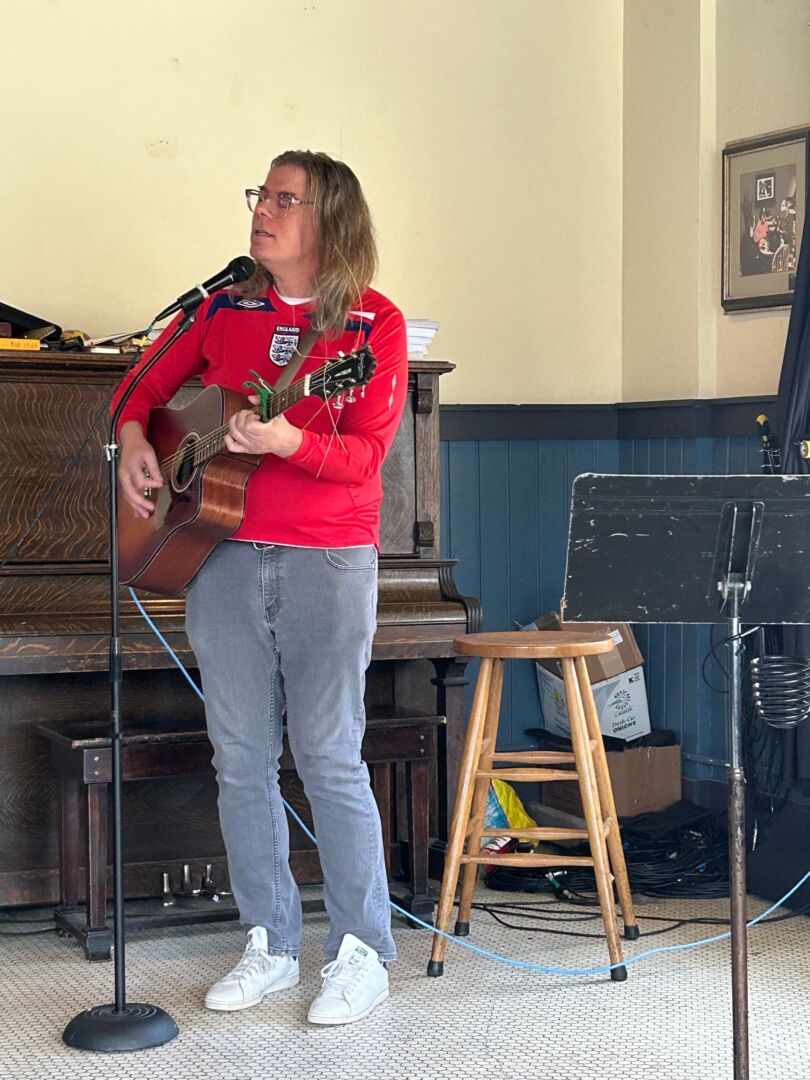
The Shoutout series is all about recognizing that our success and where we are in life is at least somewhat thanks to the efforts, support, mentorship, love and encouragement of others. So is there someone that you want to dedicate your shoutout to?
One person I always want to shout out is my friend Lisa Phillips, who died in September 2018, and who I still miss dearly. For most of my high school career, I hated poetry. Actively, vocally hated it; somewhere I have a paper I wrote about a Robert Frost poem with a note from my 9th grade English teacher saying, “For someone who hates poetry so much, you’re pretty good at writing about it.” And I assumed everyone hated it, or should — that there was no reason to read poetry outside of a school assignment. So when I got to know Lisa in my senior year, and learned she carried poetry books in her backpack, voluntarily, just because she liked them, I was flabbergasted. And then when she loaned me those books, along with cassette recordings she’d made of poets like Anne Waldman and Ed Sanders who had performed at assemblies at her old high school (what a school that must have been!), I went from being flabbergasted to being enamored. So in a very real way, I can trace the beginnings of my lifetime as a poet back to Lisa’s influence. I also learned that Lisa was planning to major in Art History at college, a field I’d never heard of. She talked glowingly about visiting MOMA and the Guggenheim, and got me invested in artists like Henri Matisse and David Smith. And to this day, whenever I visit a new city, the first places I want to see are its museums. My creative life would have never been the same without Lisa, and I don’t think I ever really thanked her for helping me find this path.
Also, speaking of that 9th grade English teacher — her name was Mrs. Way. On the first day of 9th grade English class, she wrote every conjugation of the verb “to be” on the board, and then told the class that we couldn’t use any of those words in any writing we did for the entirety of 9th grade. At the time I thought it was the most aggravating policy, designed to make life arbitrarily more difficult for me and my classmates, motivated only by some sort of malicious glee. But I recognize now that it was the single most important writing lesson I ever received — that that practice with choosing more active verbs made more difference to my development as a writer than anything I picked up in college or grad school. So here’s a shout out to Mrs. Way too, along with a hefty dose of belated gratitude.
Website: https://scottbeal.com/
Facebook: https://www.facebook.com/ScottBealMusic/
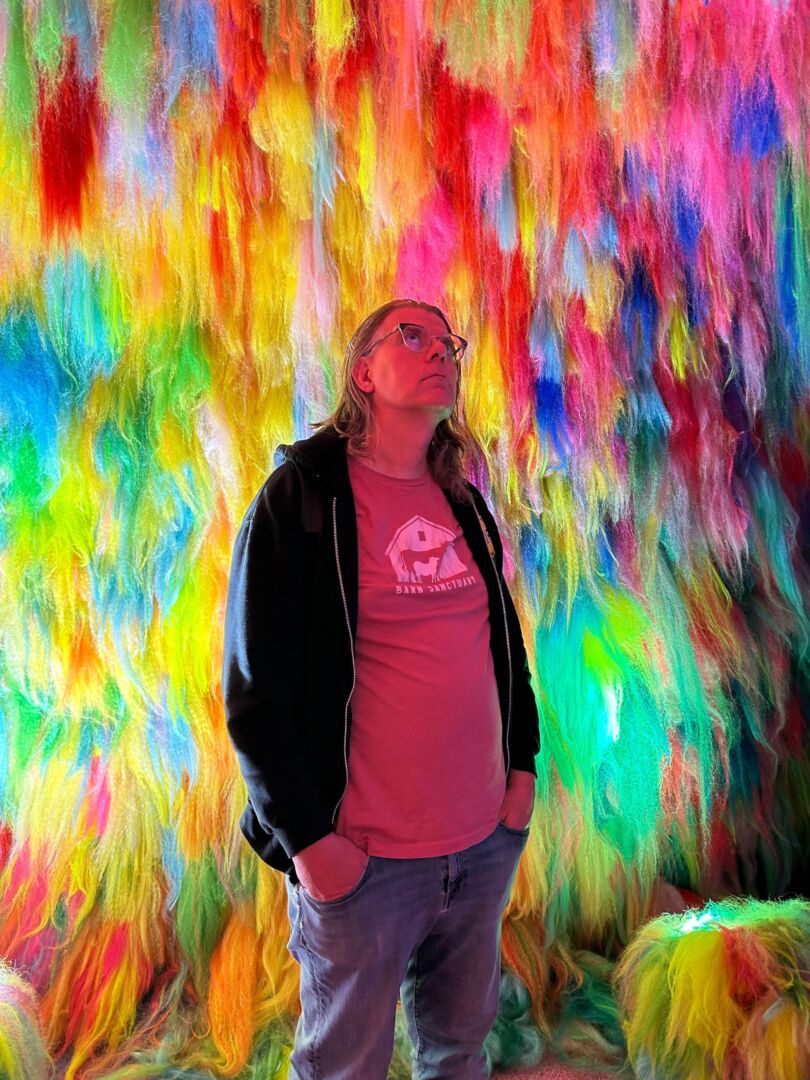
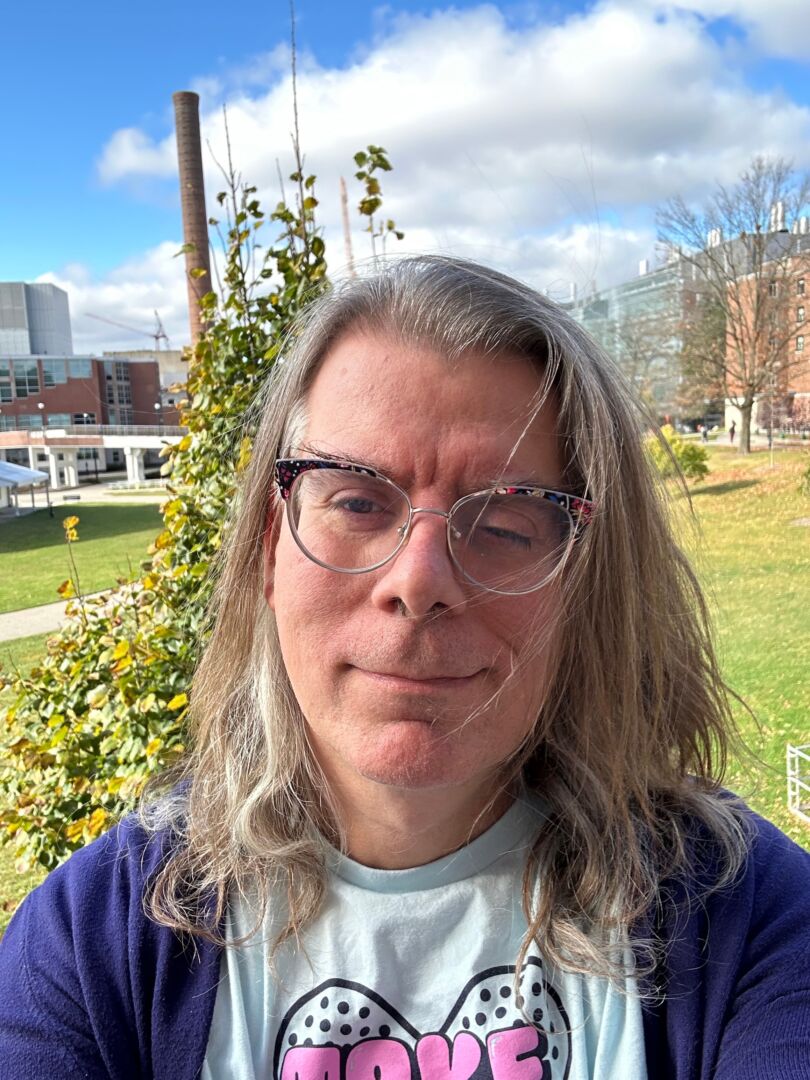
Image Credits
The two outdoor selfies of me: photo credit is me (Scott Beal)
The photo of me singing (from the Ypsi Alehouse in July 2024) and the photo of me surrounded by colorful fuzz (which is from an art installation in Reykjavik from July 2024): photo credit is Cat Cassel
Photo credit for Wait ‘Til You Have Real Problems: Dzanc Books
Photo credit for The Octopus: Gertrude Press
